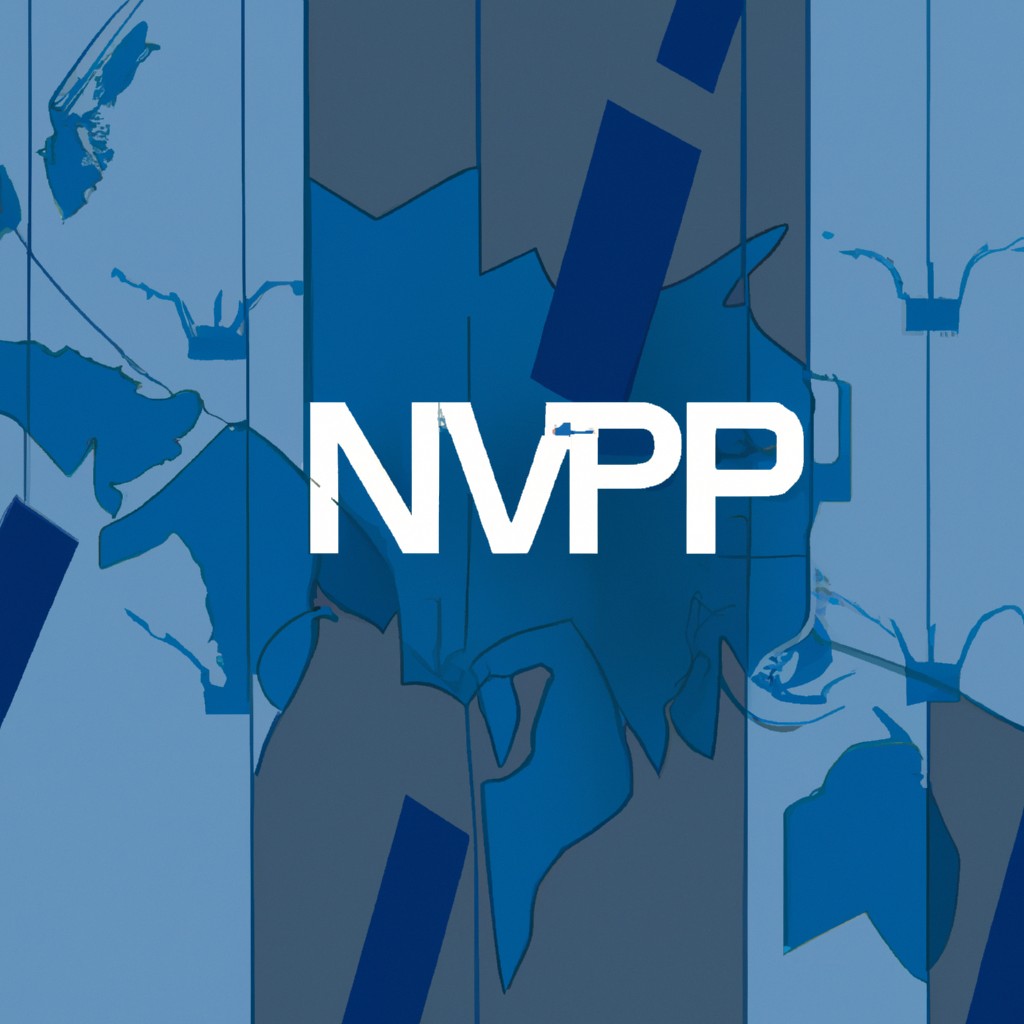Why It is Actually Worth It to Pay for VPN Services
As we navigate the vast expanse of the internet, it’s easy to overlook the importance of online security and privacy. A Virtual Private Network (VPN) is a powerful tool that can significantly enhance your browsing experience, protecting you from malicious actors and giving you peace of mind when surfing the web.
The Risks of Free VPNs
When it comes to online safety, using a free VPN may seem like a no-brainer. After all, who wouldn’t want to use a service that promises to keep your data secure? However, the reality is more complicated.
Data Sharing
- Compromised User Data: When you use a free VPN, your data may be sold to third parties to generate revenue.
- Browsing History Exposure: Your personal information, browsing history, and online activities could be collected and used for targeted advertising.
Malware Exposure
- Increased Risk of Malware Attacks: Free VPNs often lack the robust security features of paid VPNs, making them more vulnerable to malware attacks.
- Device Compromise: This can put your device at risk of infection and compromise your sensitive data.
Connection Logging
- User Tracking: Many free VPNs log user connections, which means that your online activities could be tracked and monitored by the VPN provider.
The Benefits of Paid VPNs
So, what can a paid VPN offer you that a free one can’t?
Enhanced Security and Privacy
- End-to-End Encryption: Paid VPNs provide robust encryption protocols like AES-256, ensuring that your internet traffic remains private and secure.
- Secure Browsing Experience: This means you can browse the web without worrying about being tracked or monitored.
Access to Restricted Content
- Streaming and Content Access: With a paid VPN, you’ll gain access to content that’s normally restricted in your region.
- Sports, Movies, and More: Want to watch your favorite sports team’s game on Netflix? Paid VPNs can help!
Faster Speeds and Reliability
- Fast Speeds and Low Latency: Paid VPNs typically offer faster speeds and more reliable connections than their free counterparts.
- Seamless Browsing Experience: This means you can stream videos, download files, and enjoy a seamless browsing experience.
TorGuard: A Top Choice for VPN Enthusiasts
When it comes to paid VPNs, some services stand out from the rest. TorGuard is one such service that’s consistently ranked high in our reviews due to its exceptional security features, fast speeds, and user-friendly interface.
Key Features of TorGuard
- Strong Security Features: TorGuard offers robust encryption protocols like AES-256, ensuring that your data remains secure even in the most hostile environments.
- Fast Speeds and Low Latency: With over 3,000 servers across 55 countries, TorGuard provides fast speeds and low latency, making it perfect for streaming and online gaming.
- User-Friendly Interface: The TorGuard interface is intuitive and easy to use, even for beginners.
Conclusion
While free VPNs may seem like a convenient option, they often come with significant security risks. Paid VPNs, on the other hand, offer enhanced security, faster speeds, and access to restricted content. If you’re serious about protecting your online identity and enjoying a seamless browsing experience, investing in a paid VPN is worth considering.
Find Your Perfect Match
Looking for a reliable paid VPN? Check out our top reviews to find the perfect service for your needs. With our expert testing and evaluation, you’ll be able to make an informed decision and enjoy the benefits of a paid VPN.



